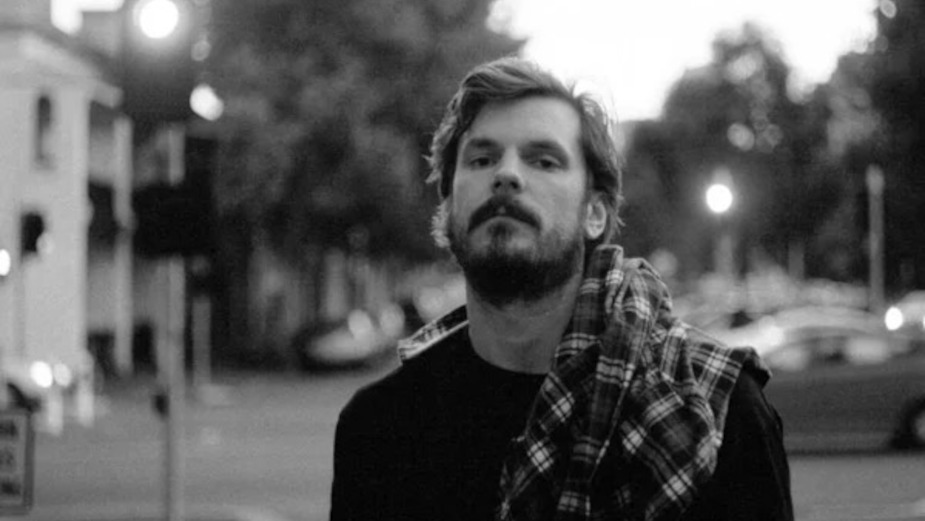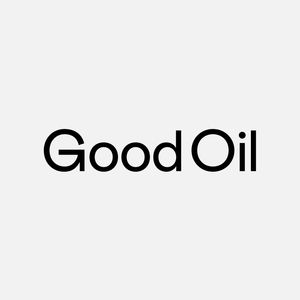
The Directors: Tom Campbell

Tom Campbell’s work seems to be a combination between pure talent and effort – it effortlessly straddles the worlds of commercial, narrative, and documentary. Equipped with a photographic eye, strong sense for aesthetics and a screenwriter’s sensibility, Tom is able to extract moving performances from non-actors and trained professionals alike. Always looking for the core of the project, as well as never seen before moments, Tom does what he knows how to best – tells a story that needs to be told.
His work includes directing campaigns for Samsung, Bank of Melbourne, Dairy Farmers, Boys Do Cry, and the Dylan Alcott Foundation. His recent short film The Bends was nominated for an AACTA award for Best Short Form Drama and premiered at the Melbourne International Film Festival 2021, where it was selected to take part in the acclaimed Accelerator Lab for emerging directors. Currently, Tom is developing the feature film Murder Ballad with the support of Film Victoria.
Name: Tom Campbell
Location: Melbourne, Australia
Repped by: Good Oil (Australia), Gang Films (France), Safeword Creative (USA)
Awards: Museums and Galleries National Award (MAGNA), The Melbourne Award for Multiculturalism.
LBB> Which elements of a script set one apart from the other and what sort of scripts get you excited to shoot them?
Tom> I always look for the ‘heart’ of each script. That might sound like a bit of a weird thing to say, but what I’m searching for is that nugget at the core; something that’s going to resonate, or something I’ve not seen before. Once I’ve found that, I’m excited and I know I have something to build around—from there it’s about how clear the messaging is, and the creative possibilities for that messaging.
LBB> How do you approach creating a treatment for a spot?
Tom> For me it all starts with tone. Once I understand the script tonally, everything falls into place. The first day is usually one of exploration, jotting down ideas, having conversations, looking at loads of references, and just generally exploring different angles. When I feel like I’ve cracked the idea it’s about narrowing in on the specifics and articulating it as clearly and simply as possible.
LBB> If the script is for a brand that you're not familiar with/ don’t have a big affinity with or a market you're new to, how important is it for you to do research and understand that strategic and contextual side of the ad? If it’s important to you, how do you do it?
Tom> For me it’s really important. Understanding the brand’s messaging and the reasons for that message, as well as understanding and relating to their audience, is part of navigating through and identifying the core idea. I want to be properly prepared and understand all the pieces of the puzzle before I try and put it together on my end.
LBB> For you, what is the most important working relationship for a director to have with another person in making an ad? And why?
Tom> I'm not sure if there's a single most important relationship. Filmmaking is a team sport, and everyone has a role to play, but when I'm on set in particular the relationship with my DOP, my AD, and the producers are crucial. They are my core team—my lifeline. But I've always had the best experiences and results when I’ve been able to work closely with the agency creatives from pre-production all the way through to post. When the lines of communication are open enough that we are able to truly collaborate and riff on ideas freely, that's when you really dig down into the good stuff.
LBB> What type of work are you most passionate about - is there a particular genre or subject matter or style you are most drawn to?
Tom> I wouldn’t say there’s any one genre or subject I’m drawn to more than any other, what really draws me in is ideas that are grounded in realism—even if it flies off the rails and launches into a specific genre or style, I like when the seed of an idea starts firmly rooted in our world.
LBB> What misconception about you or your work do you most often encounter and why is it wrong?
Tom> For a while I was getting mostly doco scripts in. I was making a lot of character-based documentaries and people were emotionally responding to them, but I kind of got pegged as only a documentary filmmaker when I was trying to be more narrative-driven. So I had to take these documentary skills into narrative filmmaking. What you learn through documentary work is priceless, you can’t rely on artifice, you have to engage on a human level—you want people to be immersed in something. The aesthetic is super important, but if the story isn’t good, people don’t care.
LBB> What’s the craziest problem you’ve come across in the course of a production – and how did you solve it?
Tom> A few years ago I was doing a Panera commercial in the states with Anomaly. It was a documentary where we were highlighting that a preservative found in lots of foods like sauces and jellies, was (insanely) an active ingredient in fireworks. So, to celebrate the removal of artificial preservatives from Panera food, we were taking a huge Independence Day fireworks show to this small town, Johnston City Illinois, for the first time in 10 years.
We started pre in Australia and had locked in our central cast; the film would focus on a couple of young kids from the high school marching band, their coach, and their families. Through them, we’d explore the history of the town and the importance of coming together to celebrate when times are hard. We set off for Illinois thinking we were good to go, but when we touched down, we found out the marching band had been invited to a competition out of state at the last minute and had left… all our cast were gone.
The shoot revolved around the days leading up to Independence Day and we (unfortunately) couldn’t push back a national holiday. Luckily, we still had one week till the big day. So we hit the ground running to find a new story. A couple of stressful days later we discovered some magic; each night after work as the sun was setting over the lake, the whole town would take their kids down to the baseball fields for little league games. It was this amazing Midwest American summer atmosphere. We spent every evening down there with the locals and met some amazing people that became the cast in the spot, and who are still close friends of mine to this day. The whole experience, although very stressful at the time, was just meant to be.
LBB> How do you strike the balance between being open/collaborative with the agency and brand client while also protecting the idea?
Tom> I think it has to start from day one, by making sure everyone is on the same page, which of course is easier said than done. If everyone’s on the same page and being taken along on the same journey, then the idea doesn’t even need protecting.
LBB> What are your thoughts on opening up the production world to a more diverse pool of talent? Are you open to mentoring and apprenticeships on set?
Tom> It’s important that we’re starting to recognise a lack of diversity, but acknowledging it isn’t the same as changing it. If we want to see a different industry, we are all going to need to do the hard work. Empowering each other to help is a great start, but we can’t achieve change by box-ticking.
I’m aware that I may be sounding like I’m white-mansplaining that we should be more diverse, but I believe that until we see each other as individuals who are all the norm we should be pushing to increase job opportunities across the board. And that 100% needs to include mentoring and apprenticeships across all aspects of production. I am only here because of the years of mentoring I was lucky enough to receive from other filmmakers.
LBB> How do you feel the pandemic is going to influence the way you work into the longer term? Have you picked up new habits that you feel will stick around for a long time?
Tom> For me it’s learning to work more effectively from a distance. We can’t rely on people being in the same room anymore, so phone calls and video conferencing have become much more important. This has been a big shift for me, having to reframe the pre-production process a bit and realise that a Zoom call might be the most meaningful conversation I have with this creative, cast, or crew member. I hope this is something that will stick around.
LBB> Your work is now presented in so many different formats - to what extent do you keep each in mind while you're working (and, equally, to what degree is it possible to do so)?
Tom> It’s certainly something that’s ever-present in my mind these days, where it once was more of an afterthought. Sometimes it can be tricky when you're trying to focus on getting the best shot, the best performance or moment and you’re having to keep multiple formats, ratios and timings in mind. But they can also be really creative obstacles; constraints that seem like the last thing you’d want for a project, can actually be really beneficial when it comes to doing interesting new work. Especially when those different formats are being utilised for their strengths it can be pretty rewarding.












